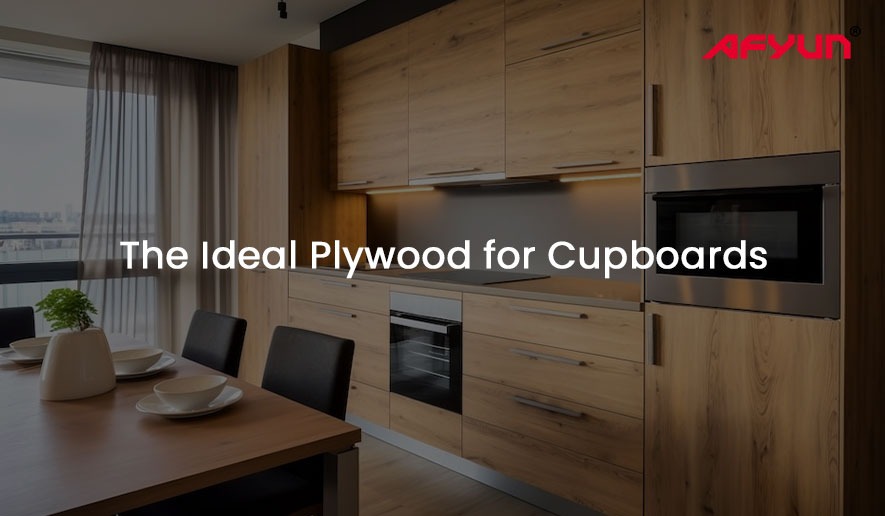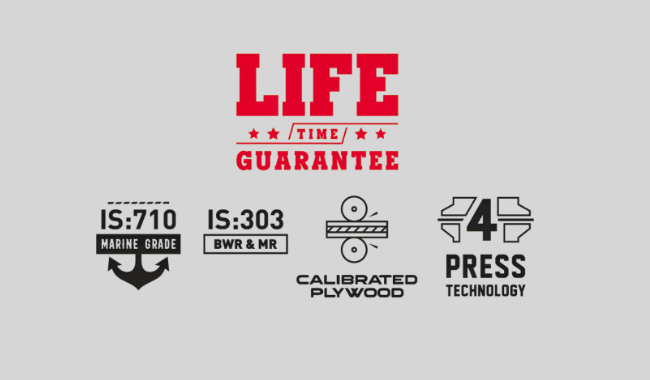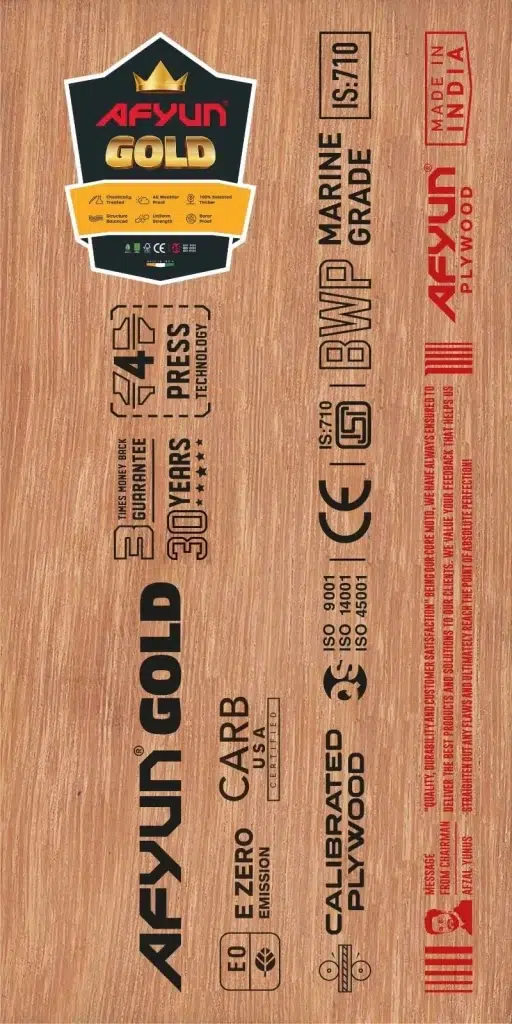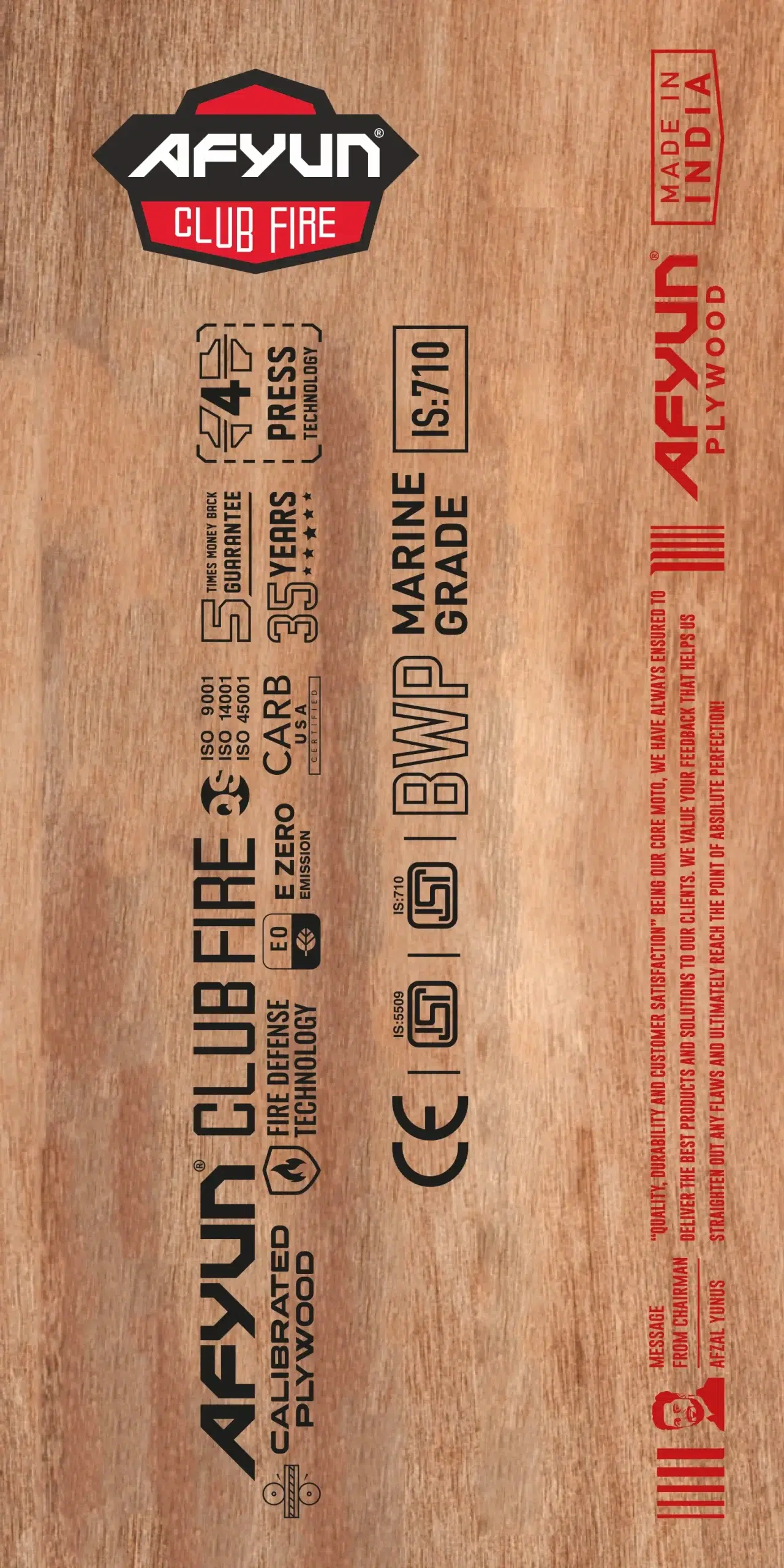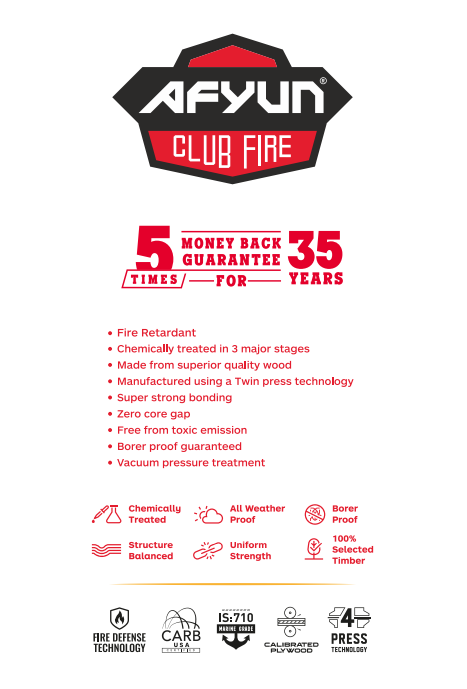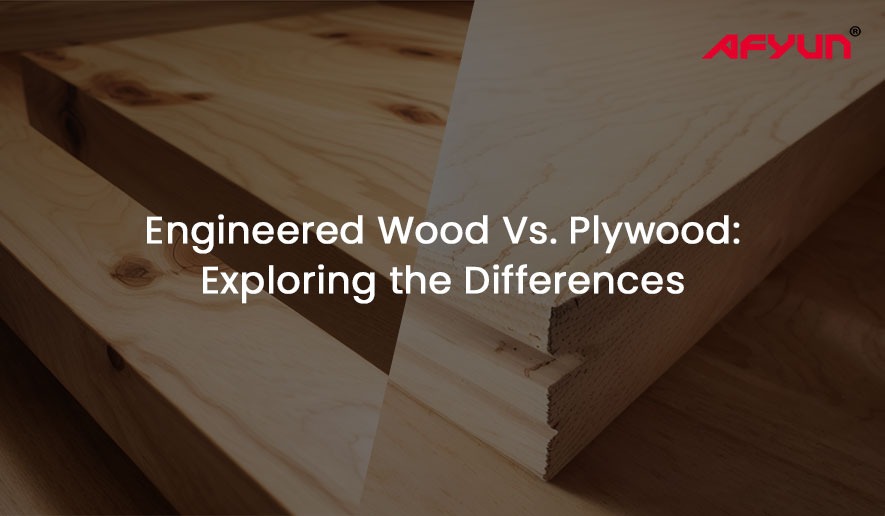The price of Marine plywood can vary from that of the MR Plywood. Why? Both have different properties. Hence, the price differs accordingly.
Yes. The price of plywood can vary significantly due to a variety of factors.
And, in this article, we are going to dive deep into each factor. Follow our lead!
1. Type of Wood
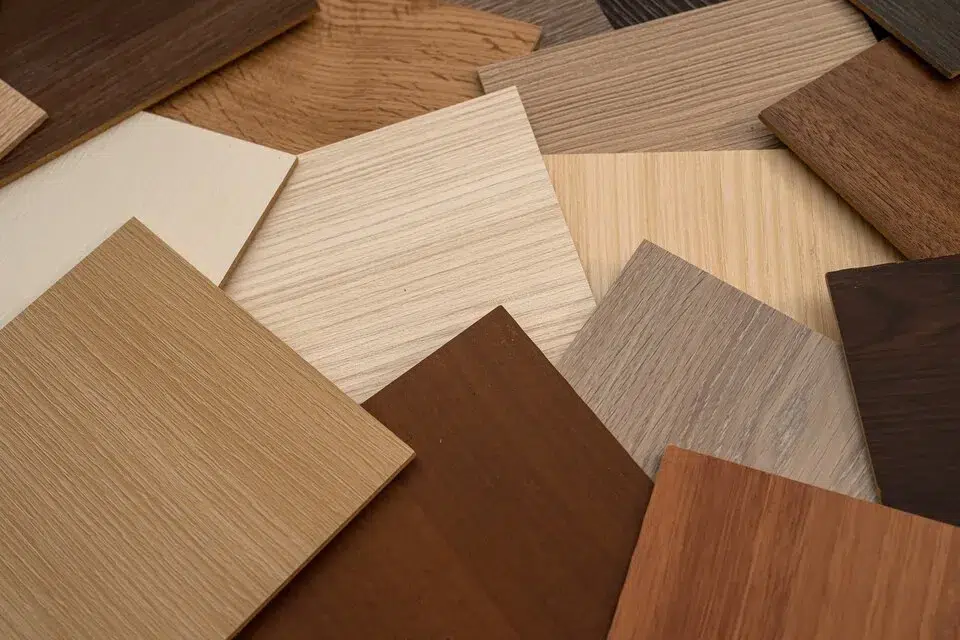
The type of wood used in the production of plywood significantly impacts its price.
Hardwoods like oak, maple, and birch are more expensive than softwoods like pine, cedar, or fir.
The choice between hardwood and softwood often depends on the project requirements and budget constraints.
2. Grade of Plywood
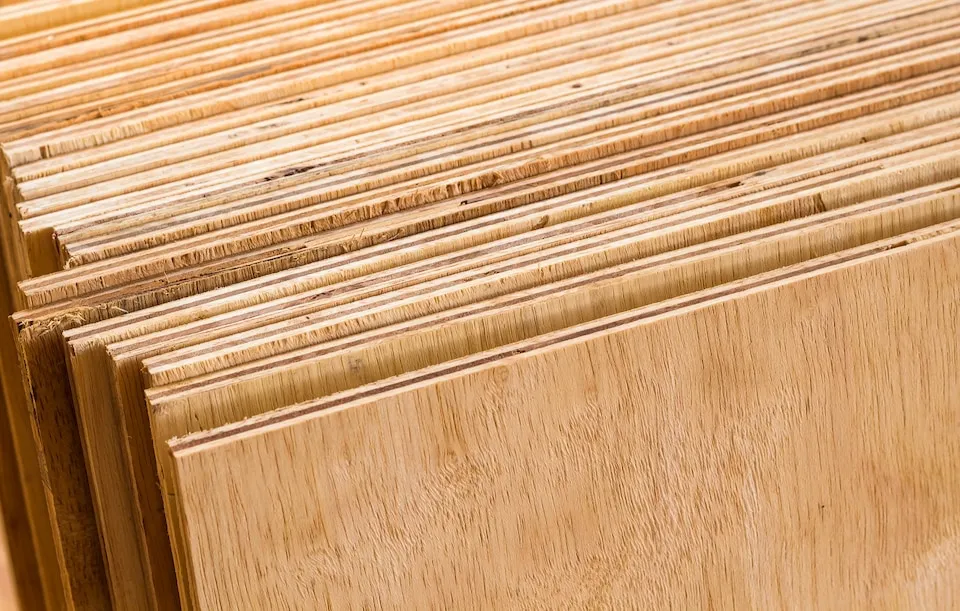
Plywood is categorized into different grades based on the quality and appearance of the surface veneer.
High-grade plywood, which has a smooth and blemish-free surface, commands a higher price compared to lower-grade plywood with knots and discolourations.
3. Thickness
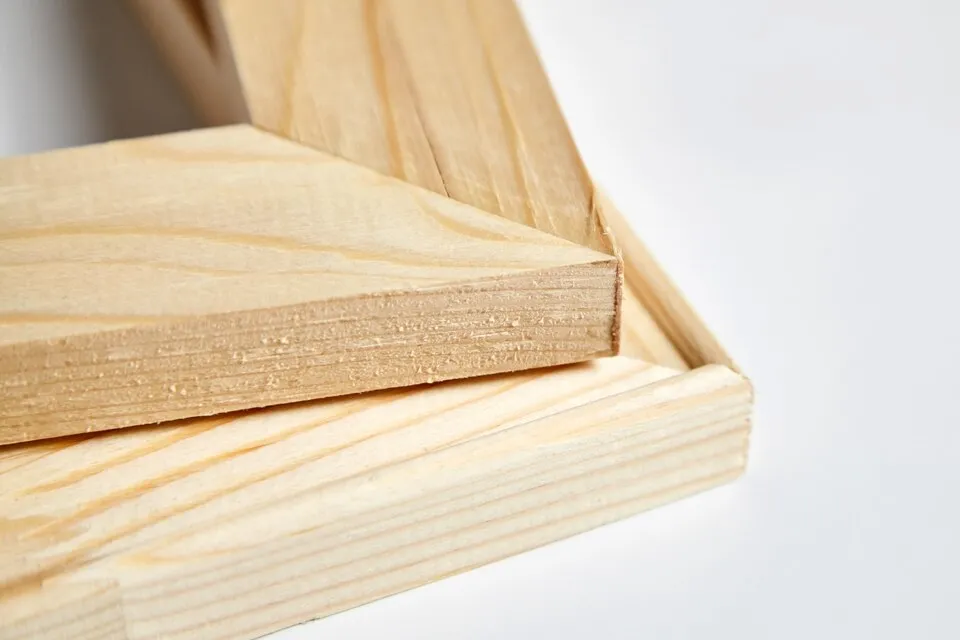
Thicker plywood sheets are typically more expensive as they offer greater strength and durability.
Common thicknesses range from 1/8 inch to 3/4 inch, and the choice depends on the specific needs of the project.
4. Size of the Sheet
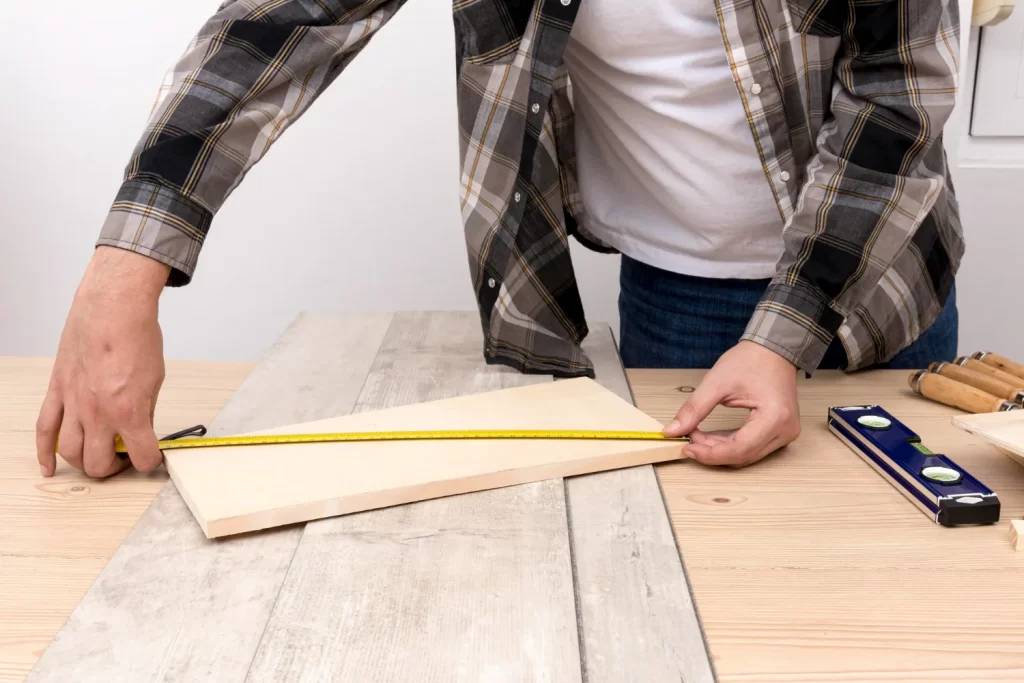
Plywood is commonly sold in 4×8 foot sheets, but other sizes are also available.
Larger sheets are usually more expensive due to the additional material and manufacturing costs involved.
5. Production Process
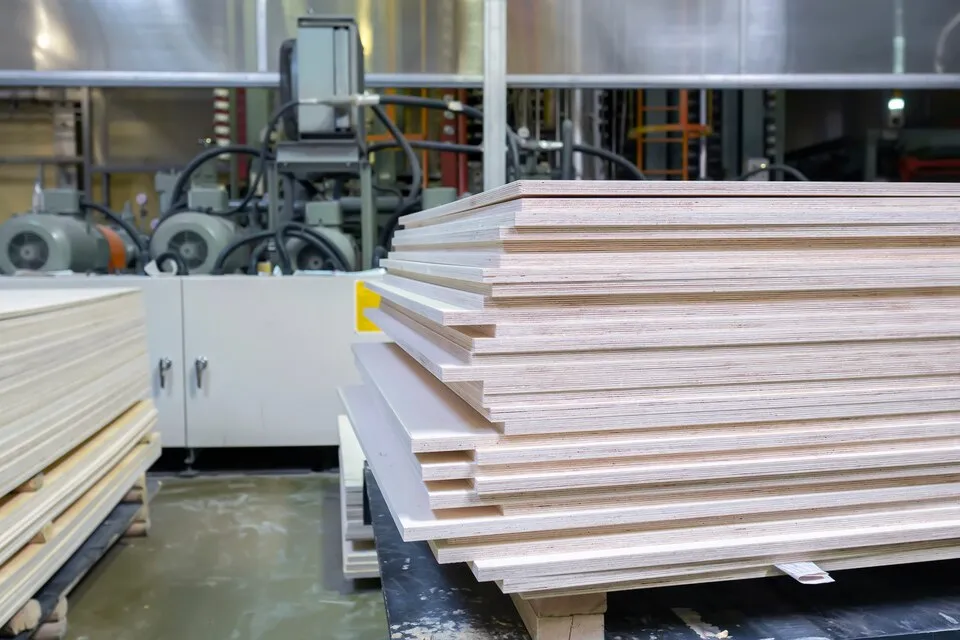
The production process of plywood can also affect its price. For instance, marine-grade plywood undergoes a special manufacturing process to make it water-resistant, increasing its cost.
Similarly, flexible plywood (Flexyply), designed to bend without breaking, requires a unique production process, contributing to a higher price point.
6. Market Demand and Supply
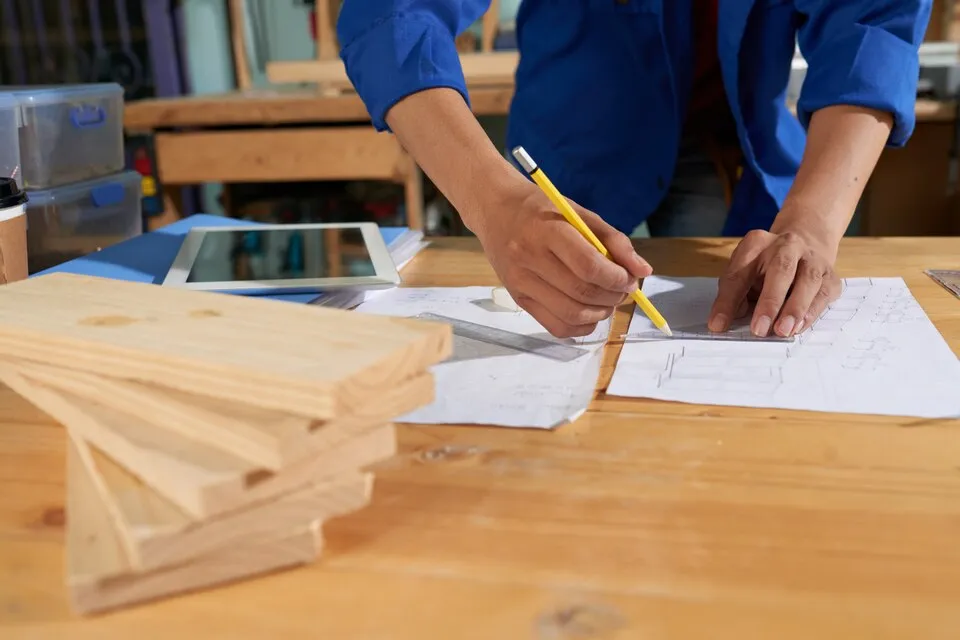
Like any other commodity, the price of plywood is subject to the laws of supply and demand.
When demand outstrips supply, prices tend to rise. Conversely, when there is an oversupply of plywood in the market, prices can decrease.
7. Transportation Costs
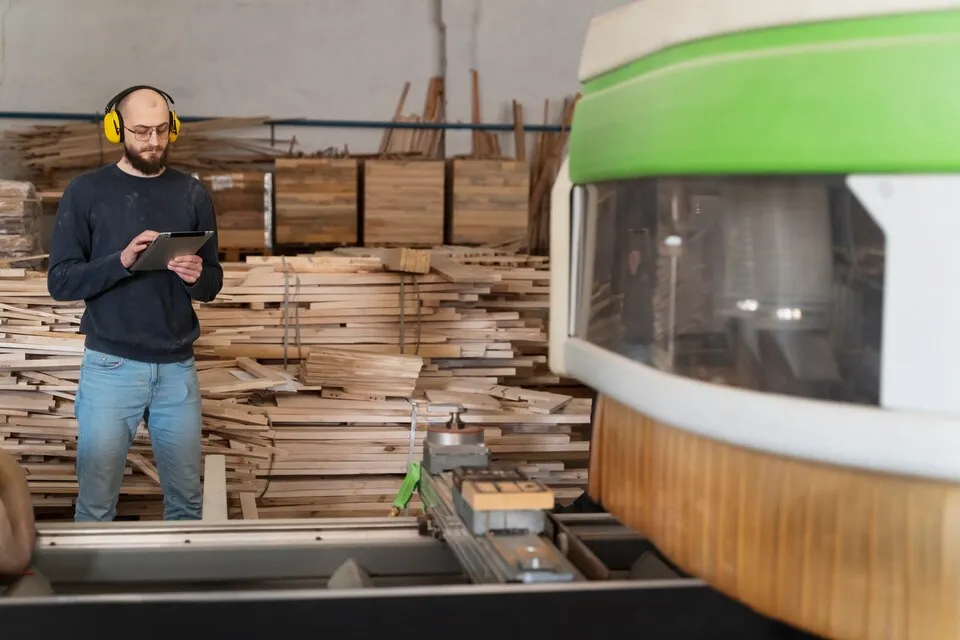
Transportation costs can significantly influence the final price of plywood.
The further the distance between the manufacturing facility and the point of sale, the higher the transportation cost.
This cost is often passed on to the consumer, affecting the final price.
8. Location
Location plays a crucial role in determining the price of plywood.
Factors such as transportation costs, local taxes, and import/export duties can all add to the final price.
For instance, waterproof plywood price in Chennai can differ from waterproof plywood price in Bangalore.
The story is same when it comes to marine plywood price, Gurjan plywood price and others.
The Bottom Line
So, these are the factors that influence plywood price in India. Make sure you understand them so that you can make an informed decision.
It’s always recommended to consider the project requirements and budget before making a choice.
You May Also Like:
Plywood Price | Plywood Price in India | Calibrated Plywood Price | Gurjan Plywood Price | Fire Retardant Plywood Price | Waterproof Plywood Price | Marine Plywood Price

